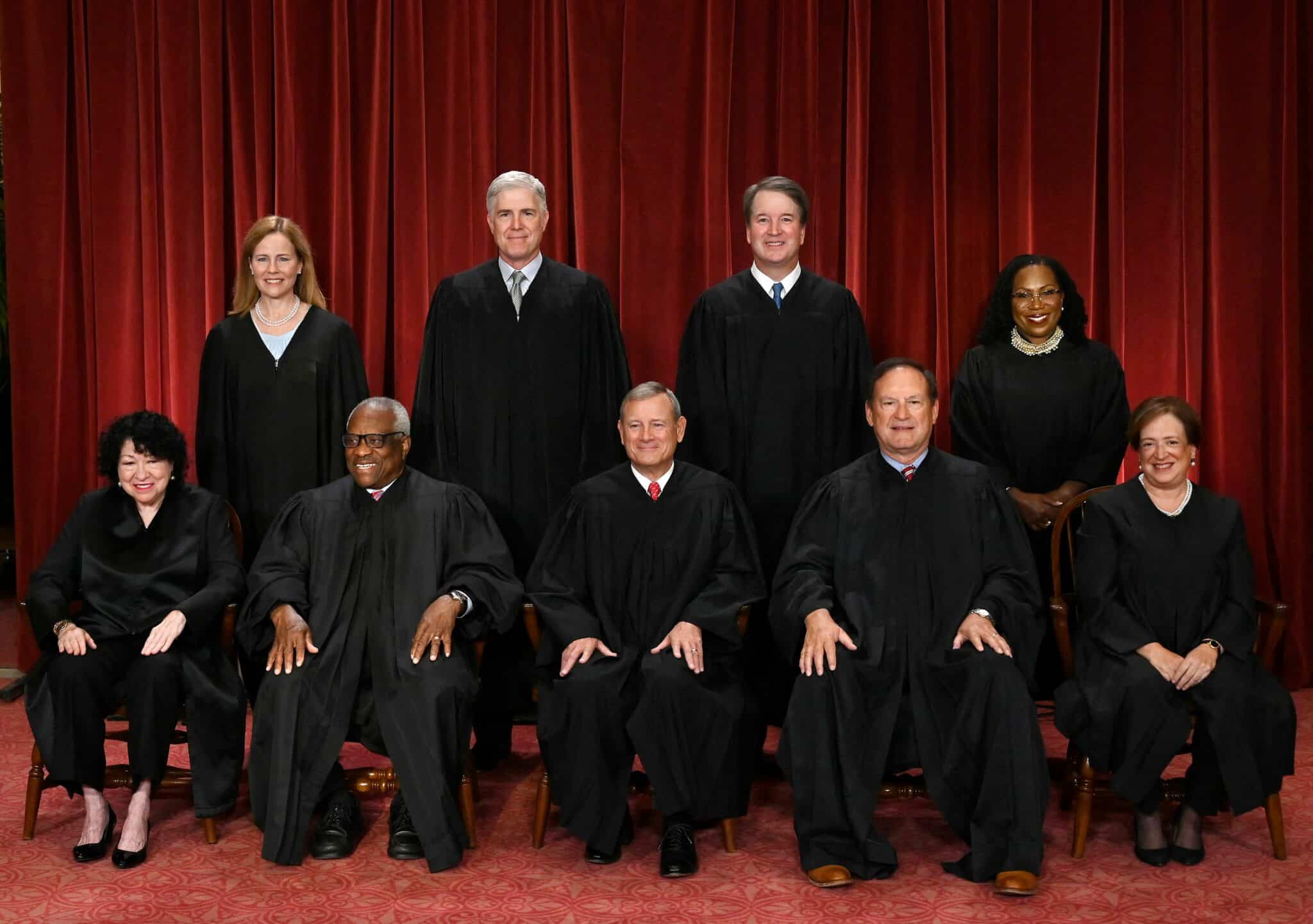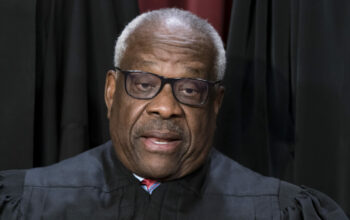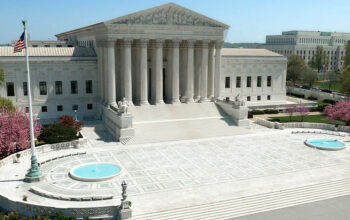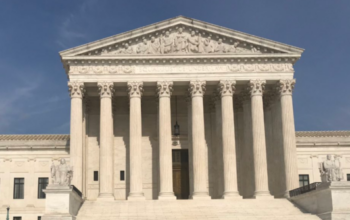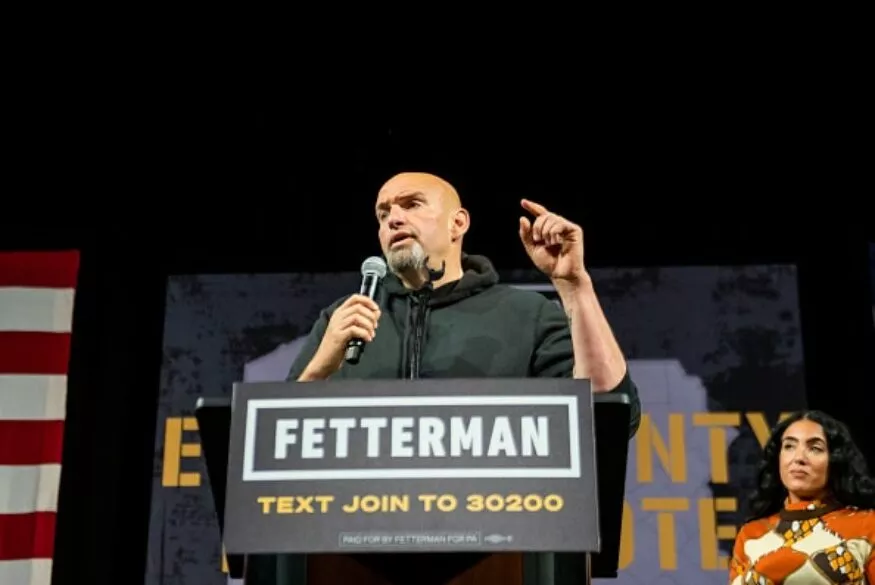Here is the full list of cases scheduled for argument in the December argument session:
- Percoco v. United States (Nov. 28): Whether a private citizen who can influence government decision-making owes a duty to the public, so that he can be convicted of bribery.
- Ciminelli v. United States (Nov. 28): Whether a defendant can be convicted under the federal wire-fraud statute based on a “right to control” theory – that is, failing to share information that is valuable in making business decisions.
- United States v. Texas (Nov. 29): A challenge to the Biden administration’s policy of prioritizing certain groups of unauthorized immigrants for arrest and detention.
- Wilkins v. United States (Nov. 30): Whether the 12-year statute of limitations to bring a lawsuit under the Quiet Title Act is jurisdictional – that is, it goes to the court’s power to hear the case and cannot be waived.
- 303 Creative v. Elenis (Dec. 5): Whether applying Colorado’s public-accommodation law to require an artist to speak or stay silent violates the Constitution’s free speech clause.
- MOAC Mall Holdings v. Transform Holdco (Dec. 5): Whether a provision of federal bankruptcy law limits the power of the courts of appeals over an order approving the sale of a debtor’s assets, or whether the law instead simply limits the remedies available on appeal from such an order.
- United States ex rel. Polansky v. Executive Health Services (Dec. 6): Whether, when an individual brings a lawsuit on behalf of the government alleging fraud on the United States, the government has the power to dismiss the lawsuit after initially declining to take over the case.
- Bartenwerfer v. Buckley (Dec. 6): Whether a bankruptcy debtor can be held liable for another person’s fraud, which cannot be discharged in bankruptcy, when she was not aware of the fraud.
- Moore v. Harper (Dec. 7): Whether a state supreme court’s order invalidating a state’s congressional map and ordering the state to draw a new one violates the Constitution’s elections clause.












